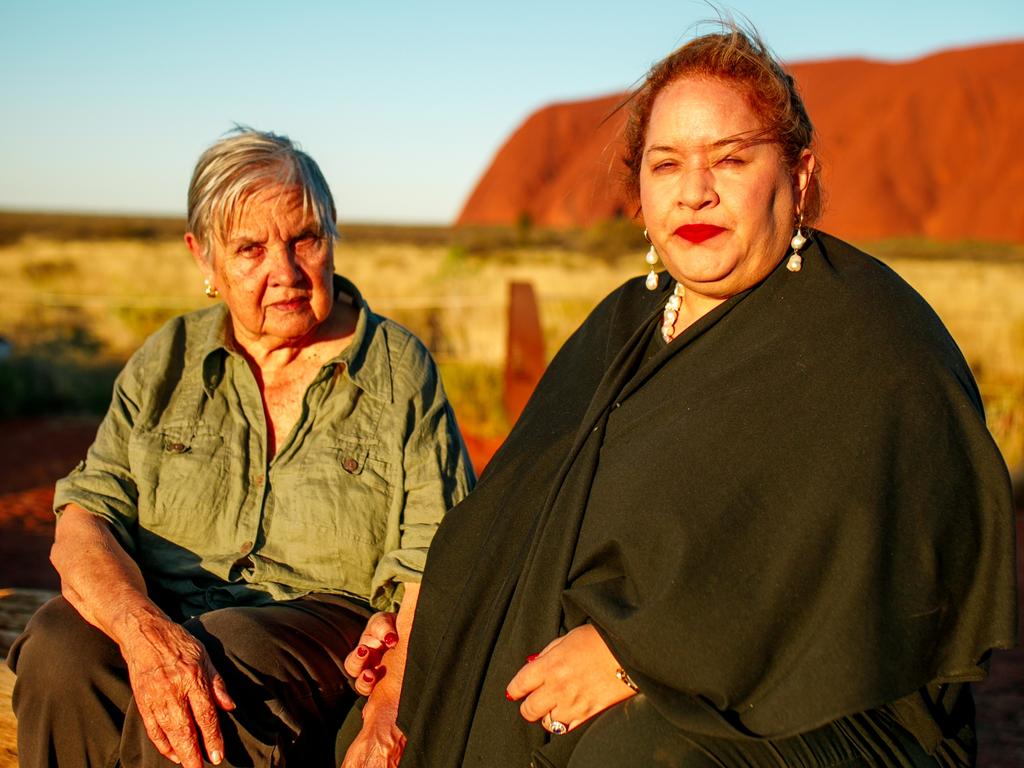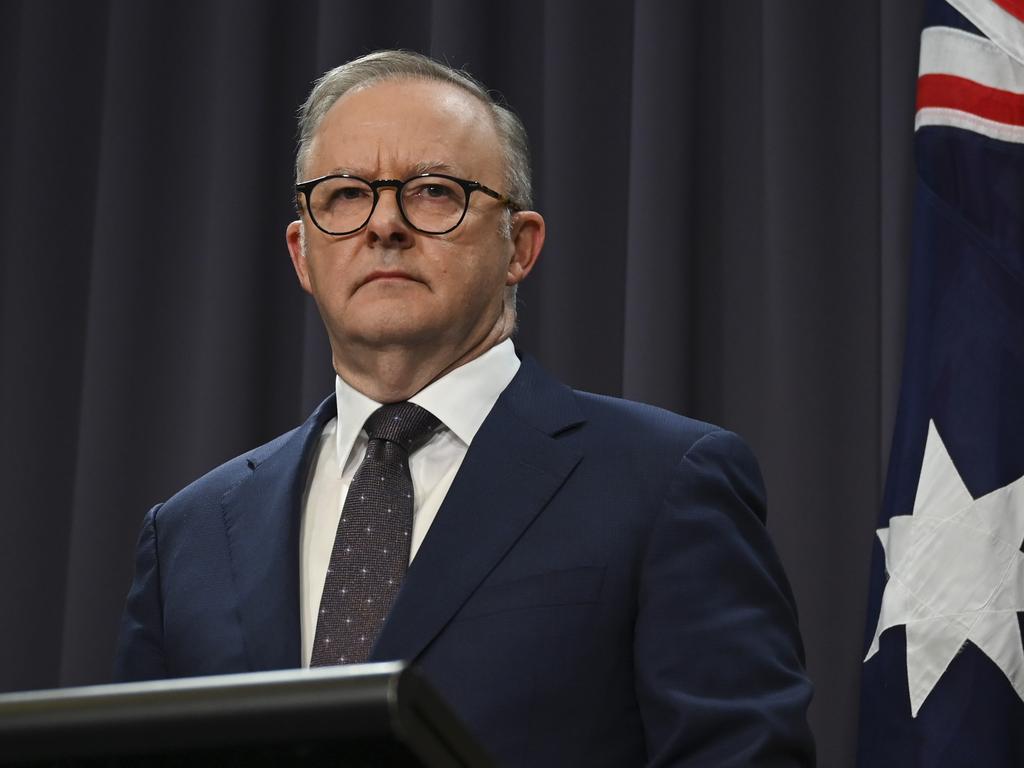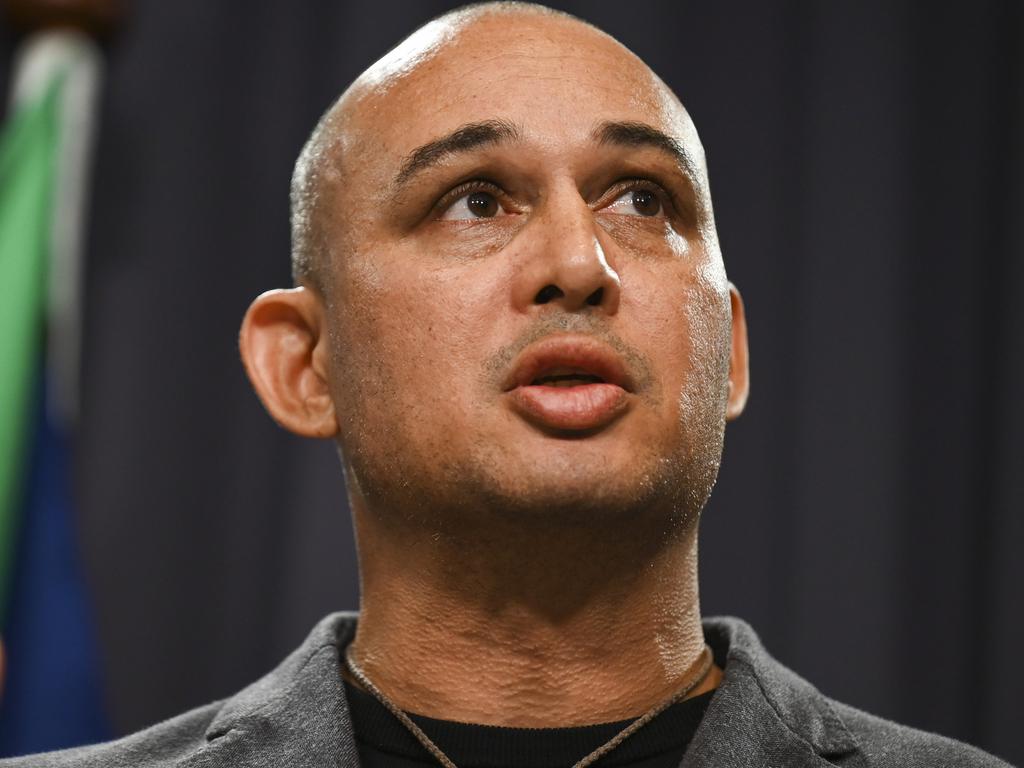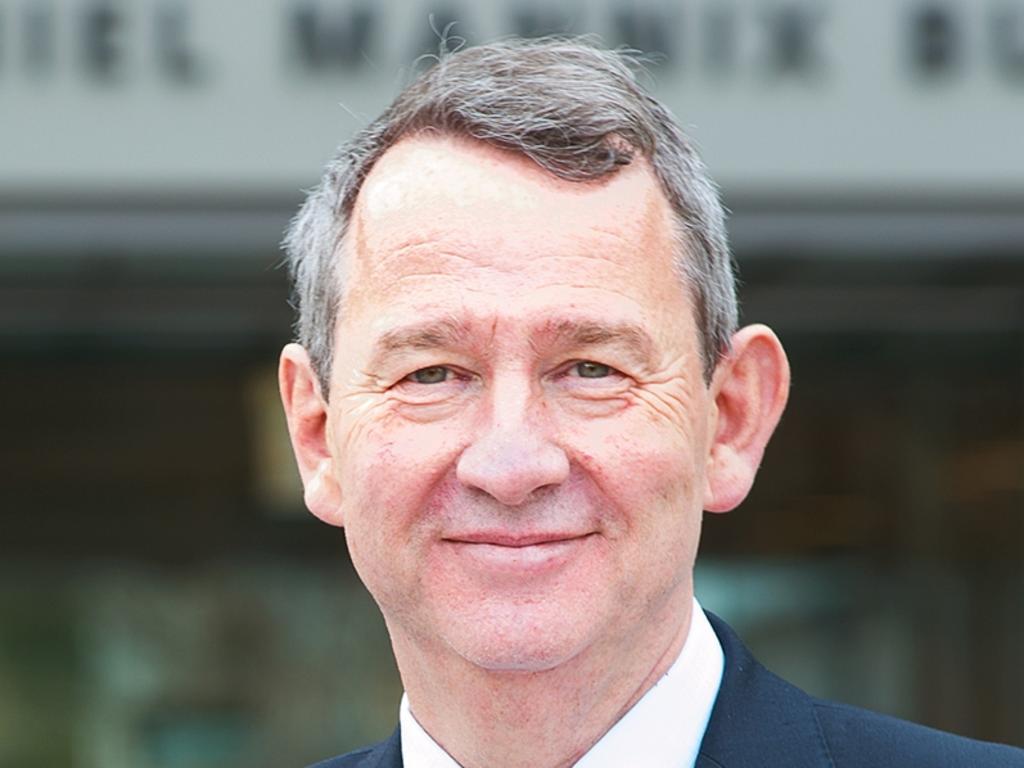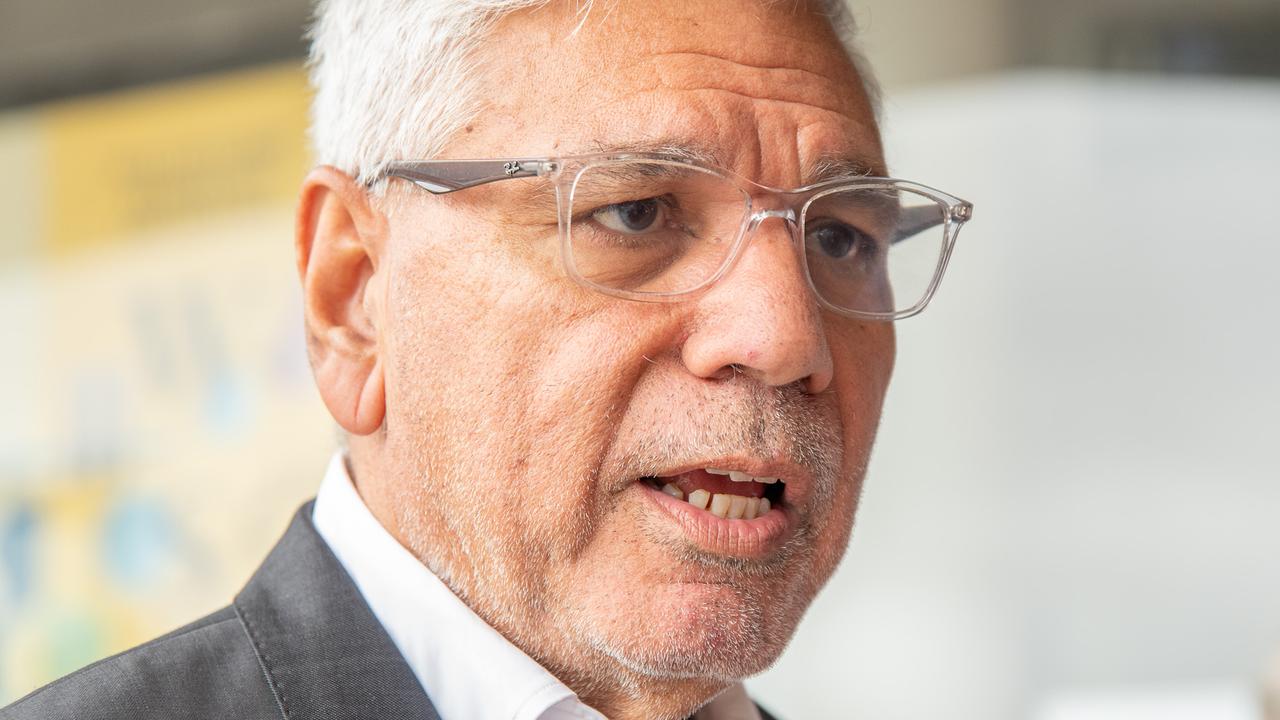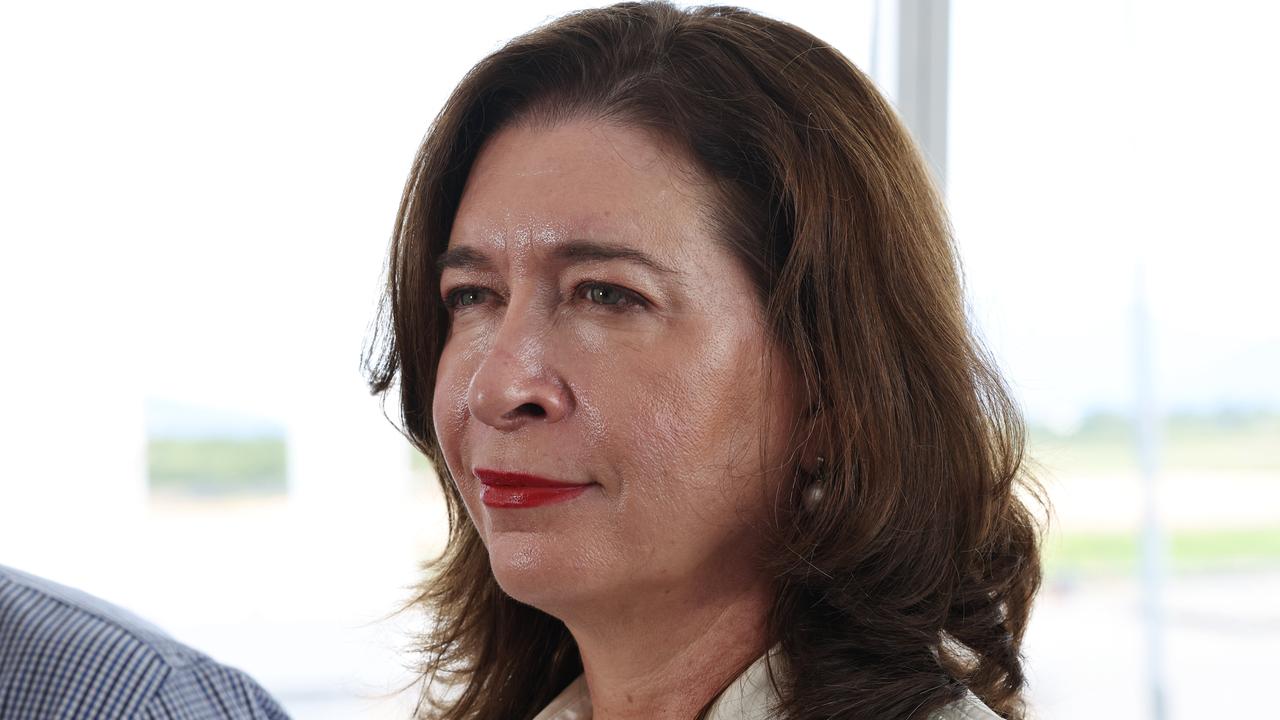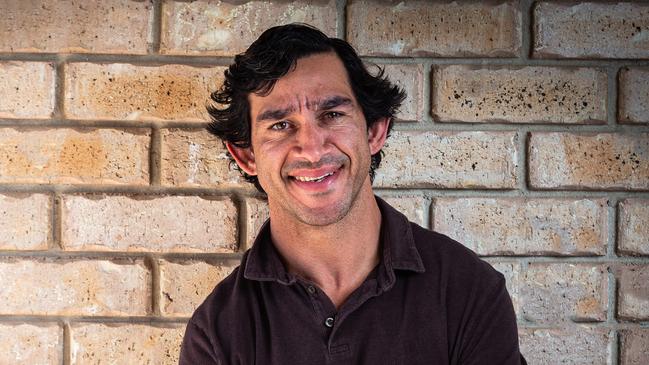
A weakness of the Yes MPs’ argument for the Indigenous voice to parliament is that their pamphlet does not contain the final or even the proposed model for the advisory body that so many critics have been calling for.
There isn’t one, as Australians can now likely recite in their sleep, and Anthony Albanese says that will be thrashed out by parliament, in consultation with Australians, if the referendum succeeds.
What the pamphlet does well is present a cogent summary of what has already been agreed.
In a swirl of competing views in the media about the voice, this pamphlet offers the clearest explanation yet of the Yes case’s arguments.
For example, the expanded design principles for the proposed advisory body have been on the government’s voice website since March but here, in the pamphlet, they are in dot points and plain language.
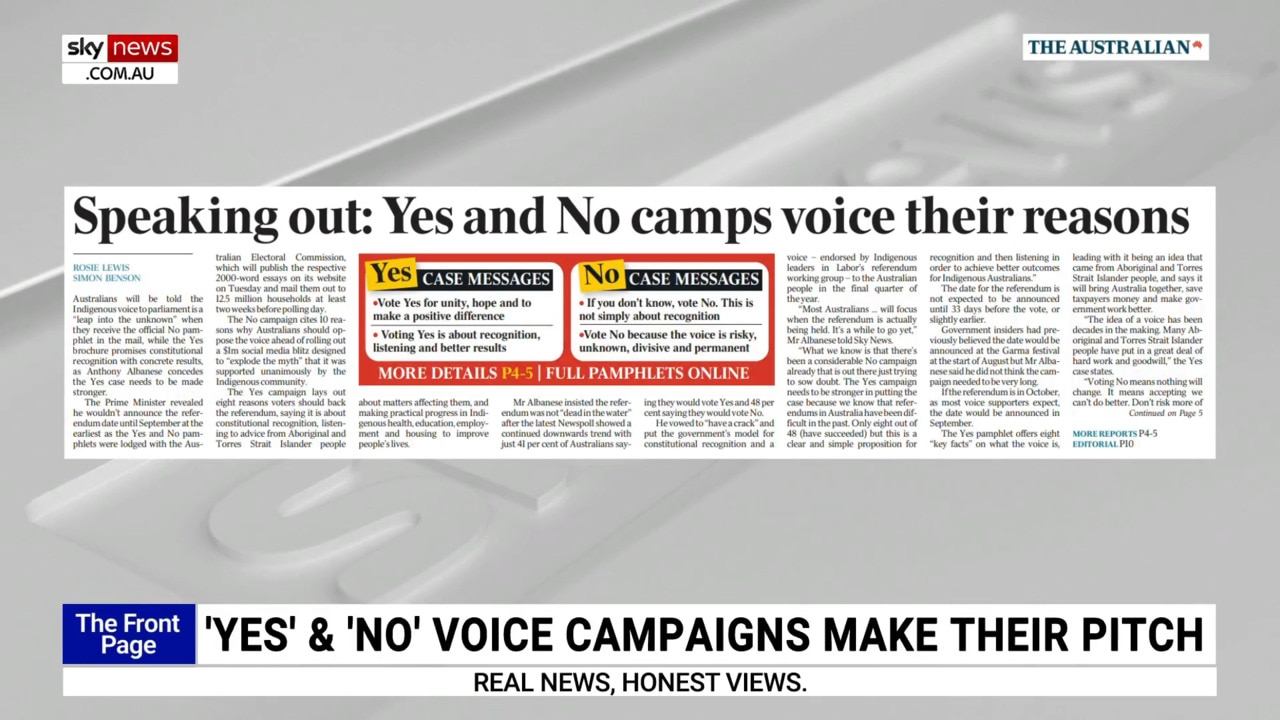
The pamphlet tells us – more than any politician’s speech has so far – how the voice will work and why it is needed.
It appeals to head and heart. For those who may not be moved by its call for unity, there is one section of the pamphlet titled simply, “Save money”.
That passage says when governments listen to people, they get better outcomes and use funding more effectively. It quotes Aunty Pat Anderson, an Alyawarre woman co-chair of the Uluru Dialogues: “When you involve people, you make better decisions and the money you spend goes where it’s needed most: to the people on the ground.”
One of the Yes pamphlet’s strengths is the number and range of Indigenous Australians it quotes.
As it argues the voice is about practical change, the Yes pamphlet relies on the words of some of the nation’s most recognisable Indigenous people, including NRL champion and Queensland assistant coach Johnathan Thurston.
The much-loved Gunggari man says: “Our young people deserve the chance to be their best. I work closely with schoolkids in the Yarrabah community in Queensland. I’ve seen the obstacles they face. Nobody understands that better than their local community. Giving them a say will mean more of our kids reach their potential. That’s what the voice is about.“
However, as it argues “Listening works”, the pamphlet also quotes relatively unknown Australians such as school principal Philip Heath, who helped the Dhupuma Firebirds robotics team compete in the VEX International Championships in Texas, the first team from the Northern Territory ever to qualify.
Mr Heath says: “Listening to the community is a game-changer in regional and remote education.”


